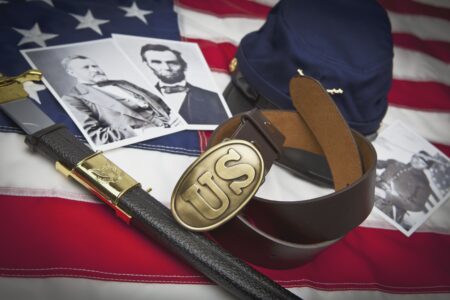West Virginia GOP votes down amendments to campus carry bill

(Capitol Notes - Graphic Illustration/MetroCreative)
CHARLESTON — Two attempts Monday by Democratic lawmakers in the West Virginia House of Delegates to amend a bill that would allow students, staff and guests with valid concealed carry permits to be armed on college campuses failed by vocal voice votes by the Republican supermajority. Senate Bill 10, the Campus Self-Defense Act, will be up for passage today in the House. The bill was recommended for passage last Thursday by the House Judiciary Committee after hearing from mostly opponents of the bill during a public hearing that morning. SB 10 would lift prohibitions on public colleges and university students and visitors from carrying a concealed weapon on campus as long as they have a current and valid concealed carry permit beginning July 1, 2024. The bill includes numerous exemptions, including prohibiting concealed carry at certain sporting events, specific buildings, events and proceedings. A failed amendment by Delegates Evan Hansen and Danielle Walker, both Democratic lawmakers representing Monongalia County, would have removed provisions in the bill allowing students and campus guests with provisional concealed carry permits to carry firearms on campus. While concealed carry permits are for adults 21 and older, provisional permits are for adults ages 18-20. “My amendment … is about whether 18-year-olds, 19-year-olds and 20-year-olds, should be allowed to carry concealed weapons on campus,” Hansen said. “It’s important when this bill passes to get the policy right … we have a duty to think about where those boundaries are and what makes the most sense for our universities and for the kids who are going to school.” The amendment was loudly opposed by the Republican caucus. Delegate Bill Ridenour, R-Jefferson, said he often trusted his life to adults as young as 18 when he served as an officer in the U.S. Marine Corps. While acknowledging members of the military received more training than young concealed-carry permit holders, he said that doesn’t mean they don’t have the maturity to handle firearms. “I served with many of these kids. I put my life in the hands of these kids on many occasions. Many of the veterans here did the same. I had tremendous trust and confidence in these kids. If I didn’t frankly I wouldn’t have stayed in the Marine Corps for as long as I did,” Ridenour said. “I believe that the kids who go to college are mature. They may do immature things, but that doesn’t mean that they’re not able to handle a weapon or take care of the types of situations they may find themselves in.” The bill also prohibits concealed carry at on-campus residence halls except for common areas, such as lounges, dining areas, and study halls. Colleges and universities must provide secure storage for weapons at residence halls and can charge fees for storage. A failed amendment offered by Delegates Sean Hornbuckle, D-Cabell, and Walker would have allowed public colleges and universities to build specific residence halls where deadly weapons would be prohibited, providing students an option to live in a resident hall where concealed firearms are allowed or not. Hornbuckle said allowing the option would make the state’s colleges more marketable. “We’re going to allow our universities latitude and grace,” Hornbuckle said. “We’re going to be able to go out across the country and we’re going to be able to appease every single student. If you’re somebody who wants to live with firearms in your residence halls, we will allow you to do that. If you’re a student who doesn’t feel right, we want you too and we’ll make reasonable accommodations.” House Judiciary Committee Chairman Moore Capito, R-Kanawha, called for rejection of the amendment. He pointed to a provision of SB 10 that prohibits concealed firearms in buildings where the school has metal detectors at the entrances. Capito said the amendment’s language was also too broad, possibly providing colleges a loophole to get around the bill. “Schools can already do this if they can comply with the security measures … if a university so establishes that framework,” Capito said. “This is very permissive and broad. Nothing would prohibit a school from doing this to one dorm, but it would also not prevent making a gun-free zone in all dorms.” Steven Allen Adams can be reached at sadams@newsandsentinel.com.





